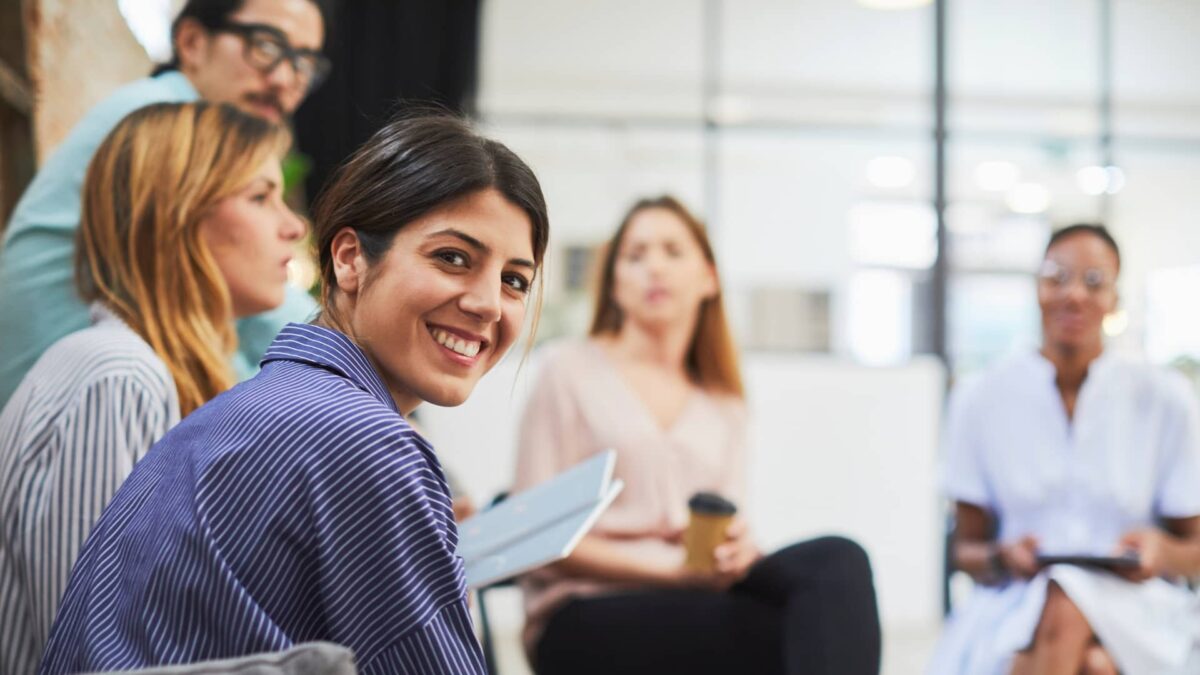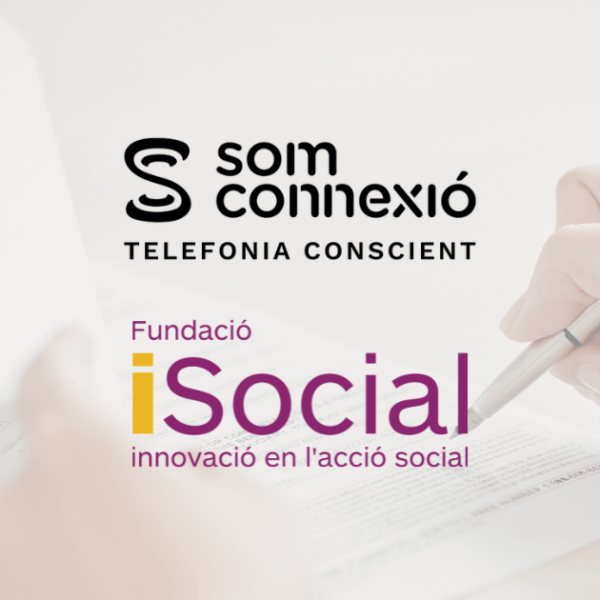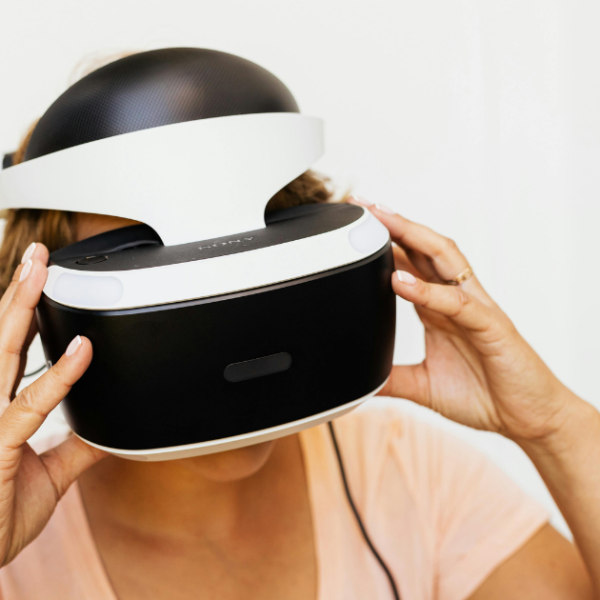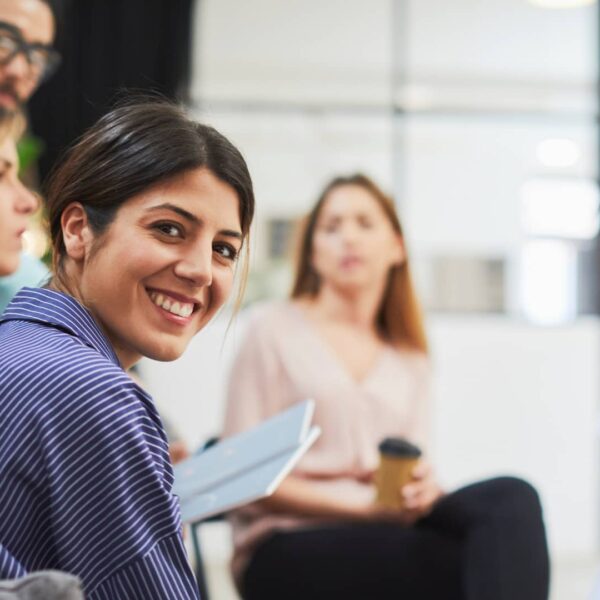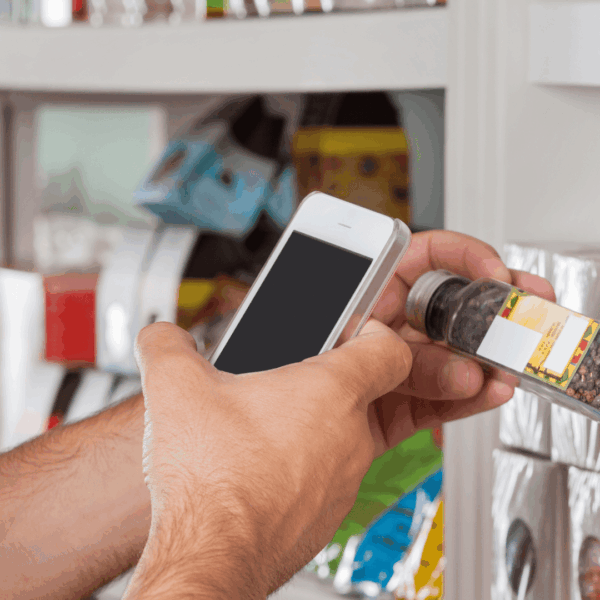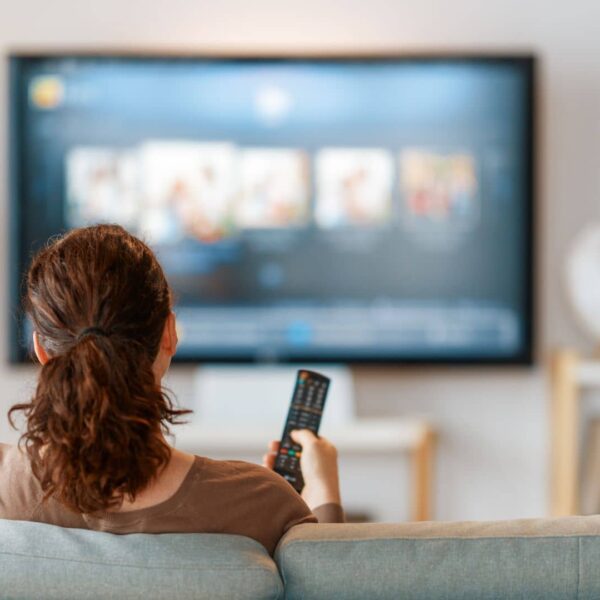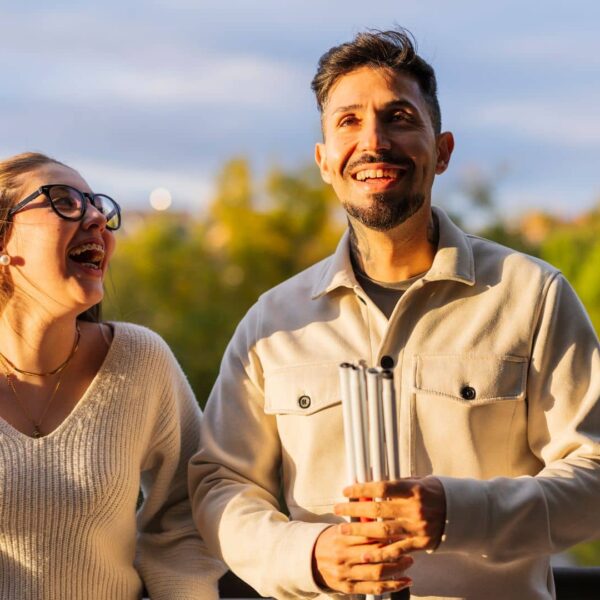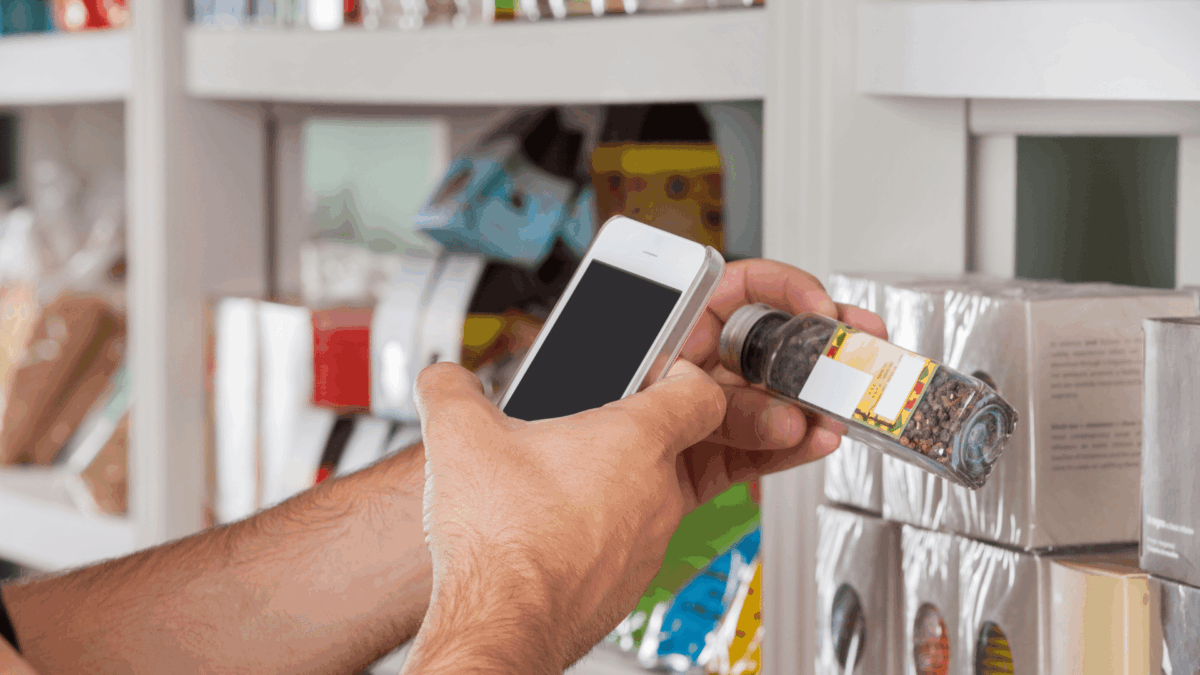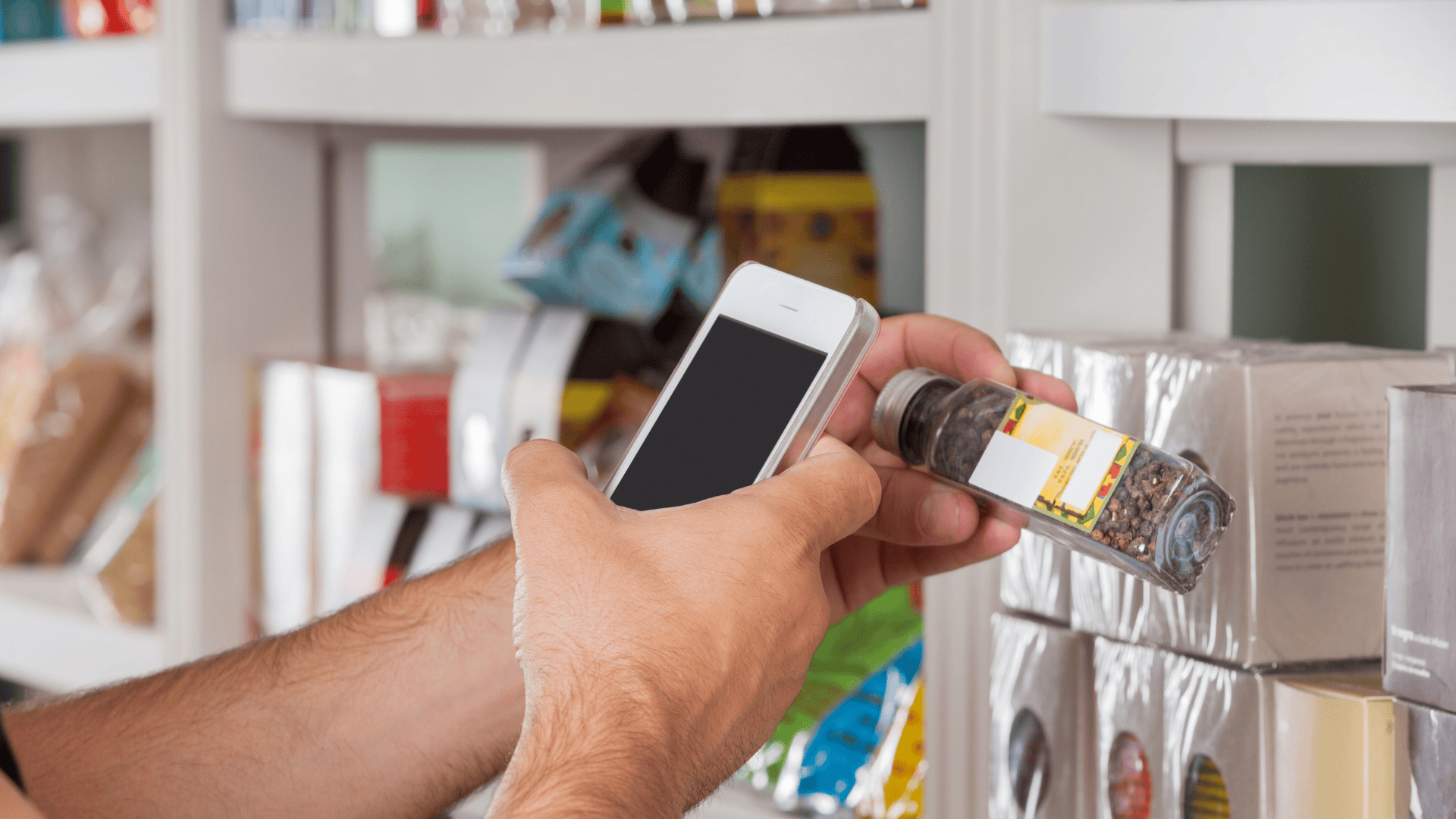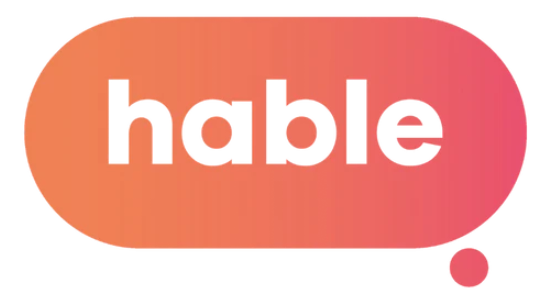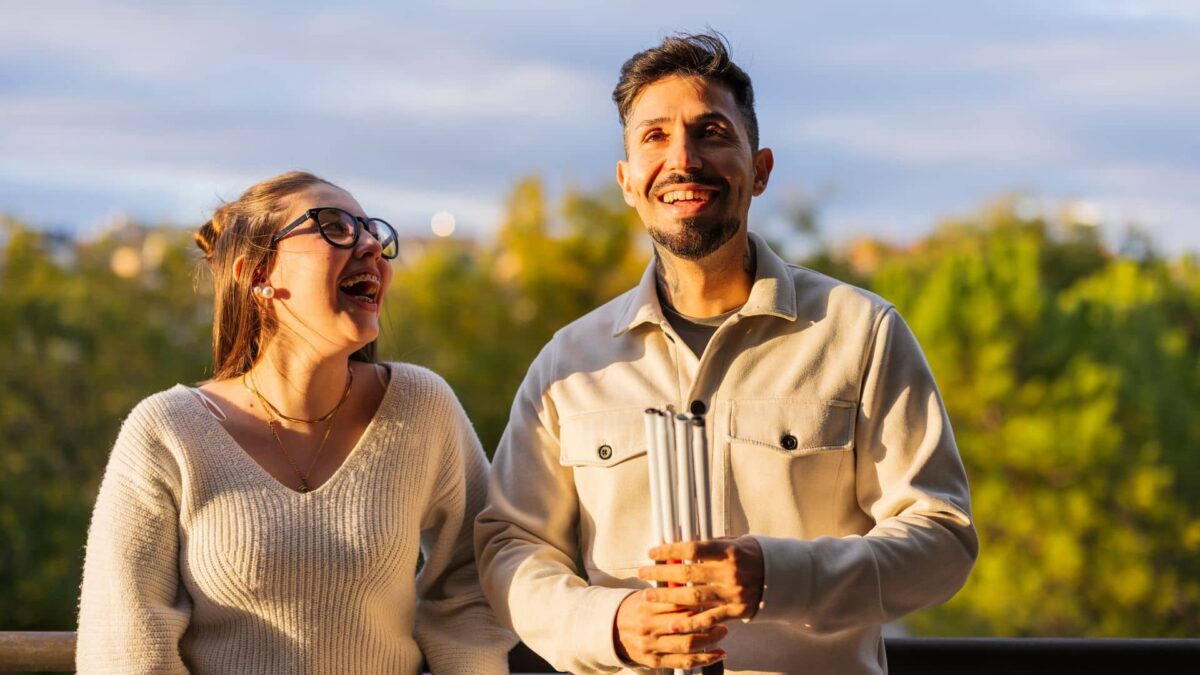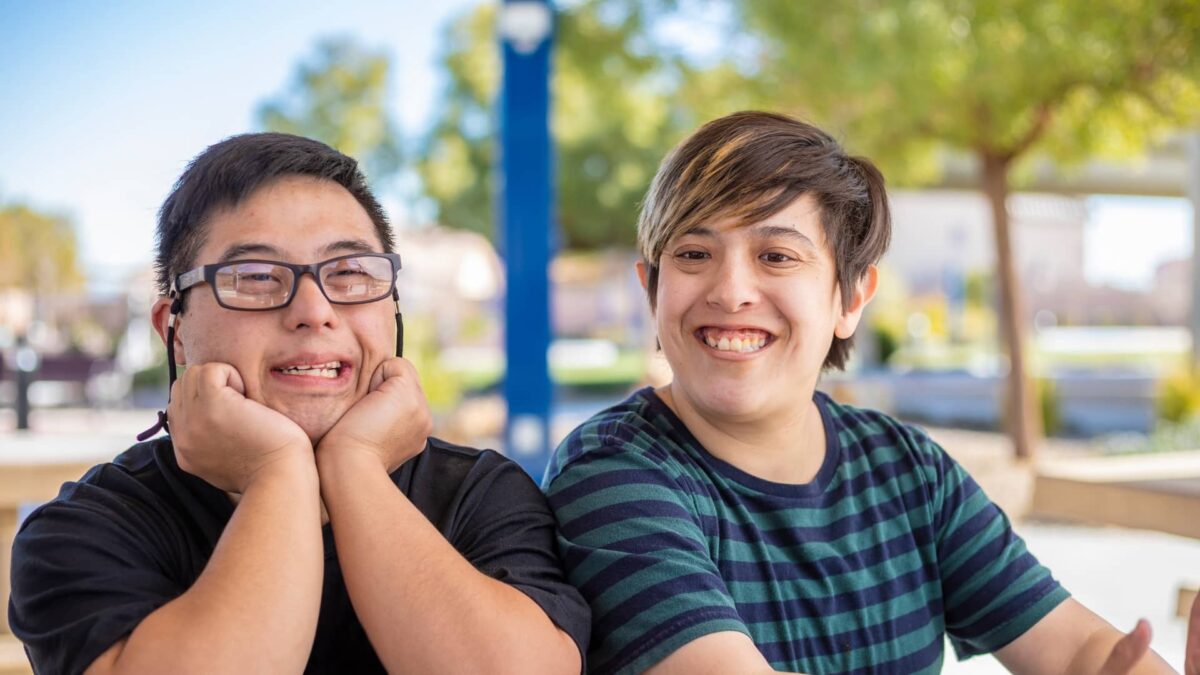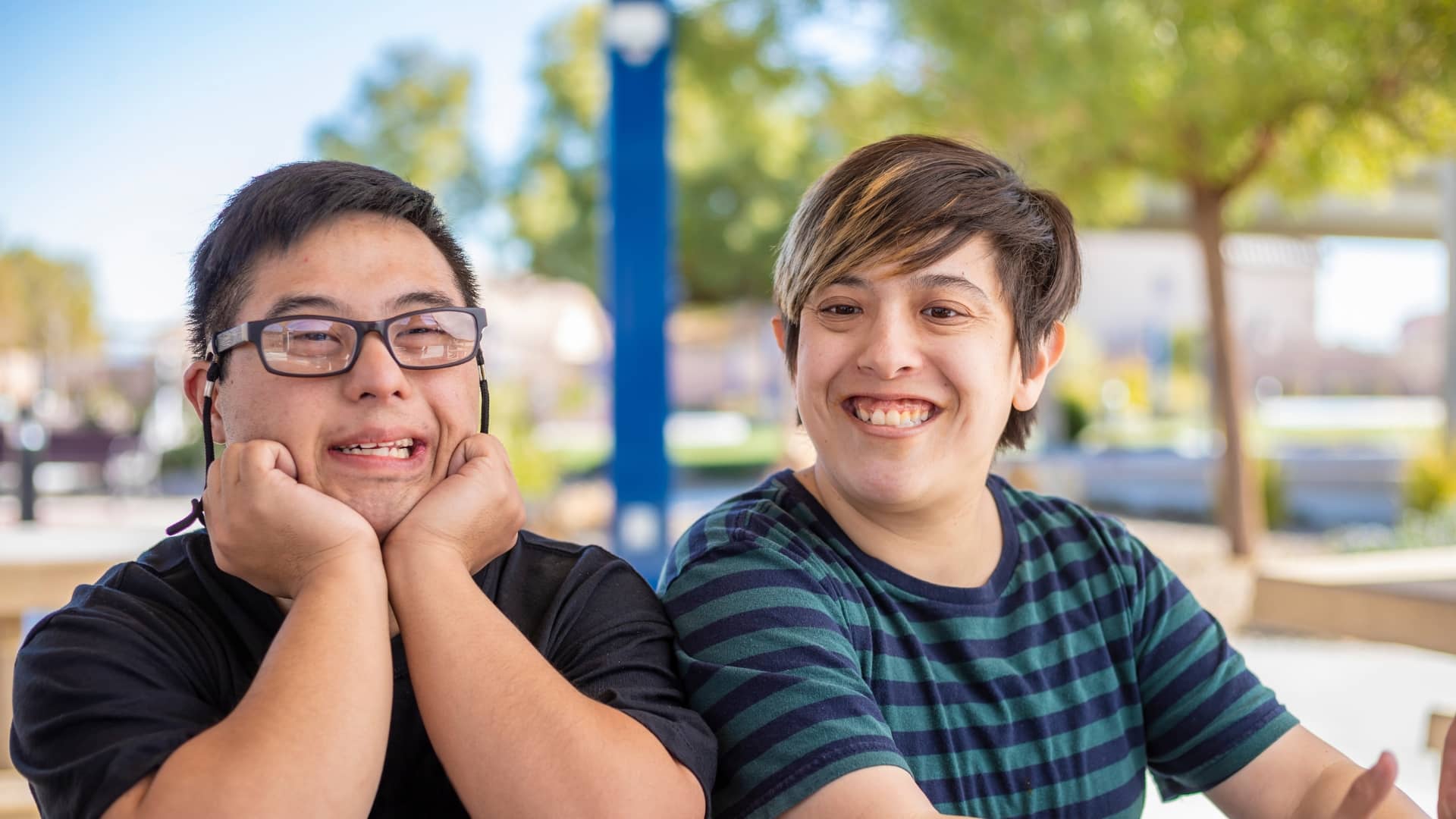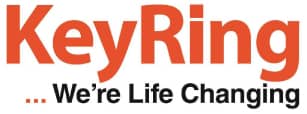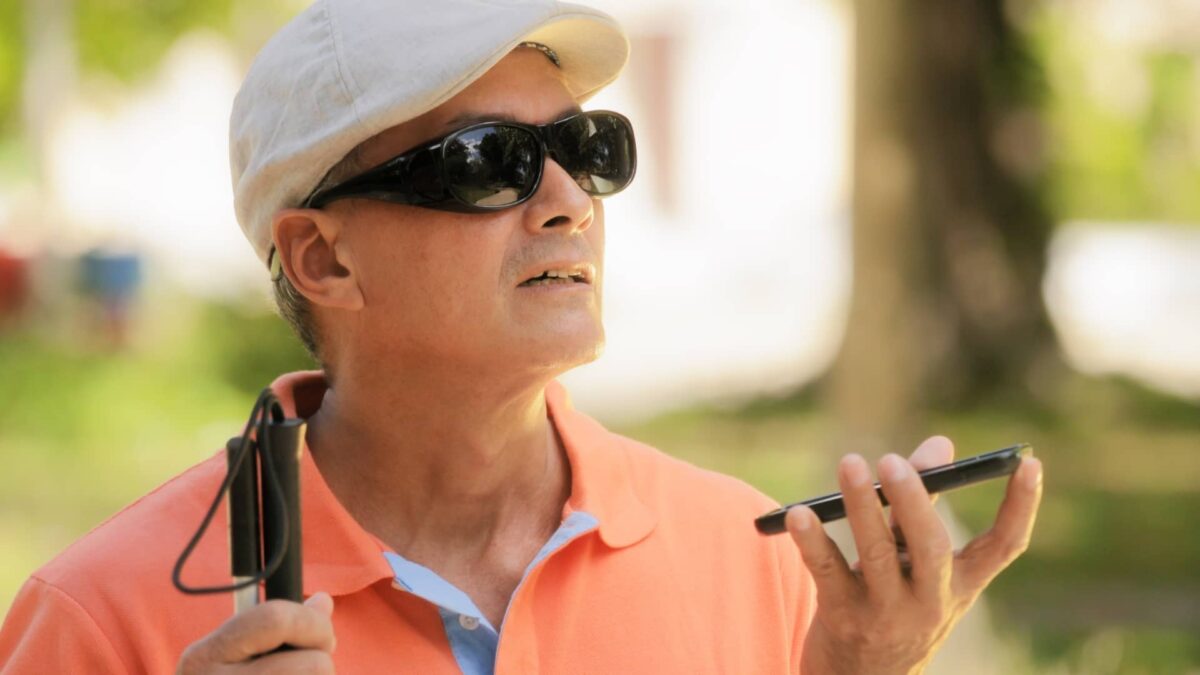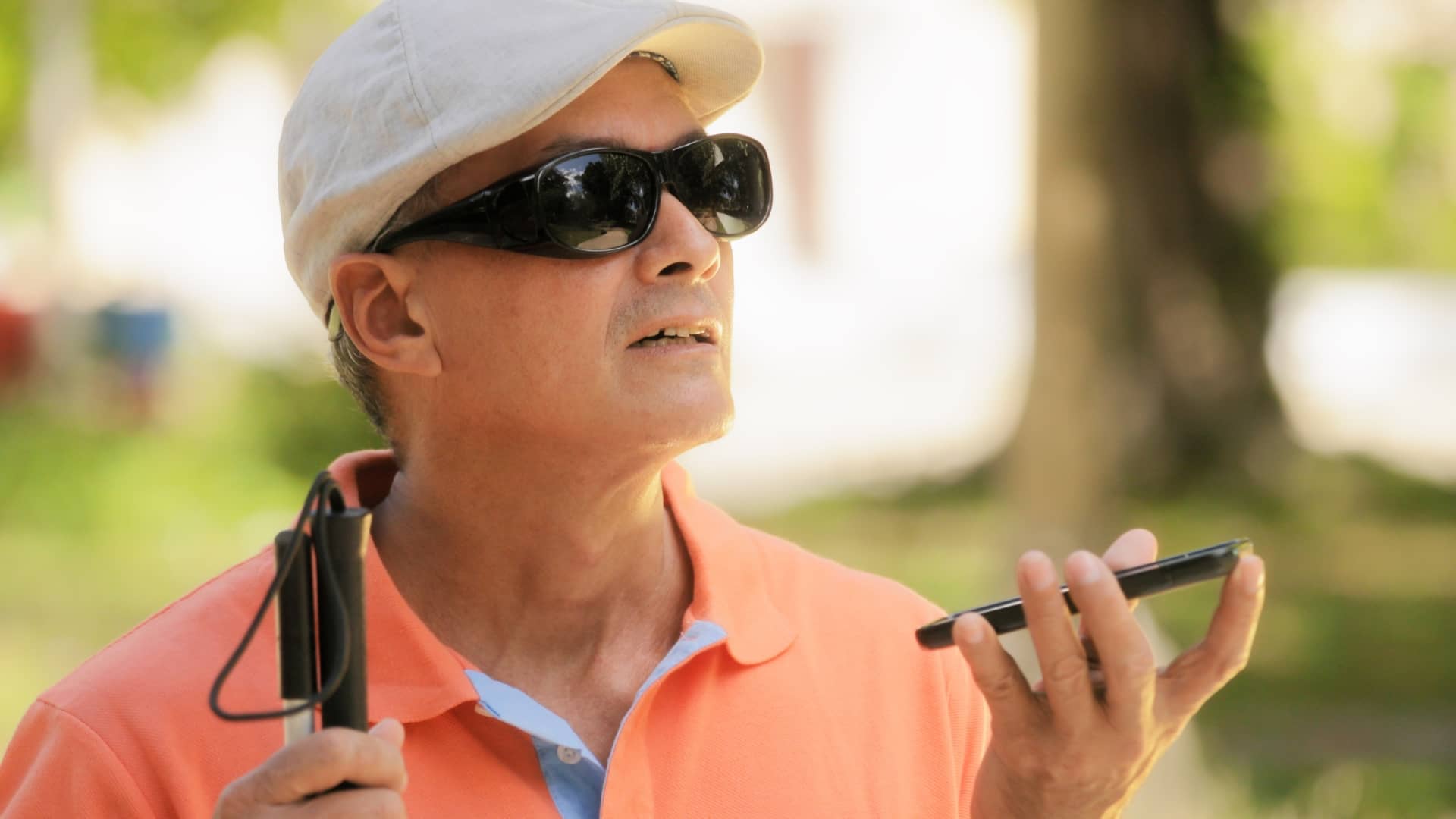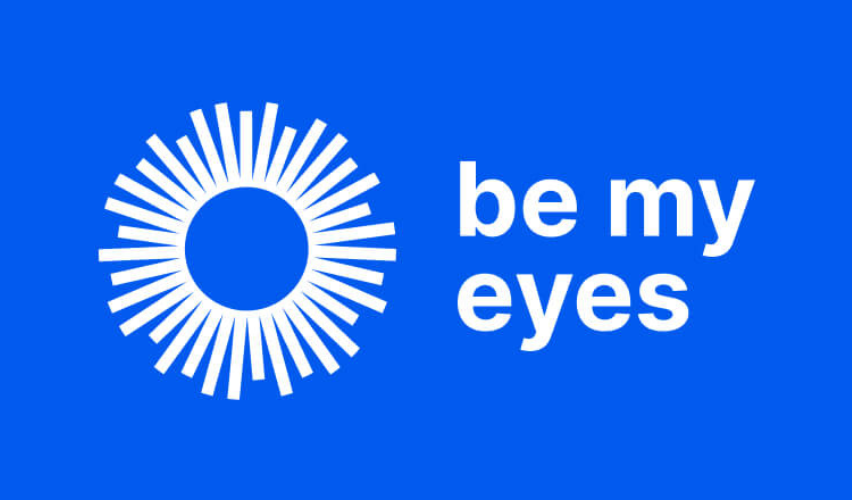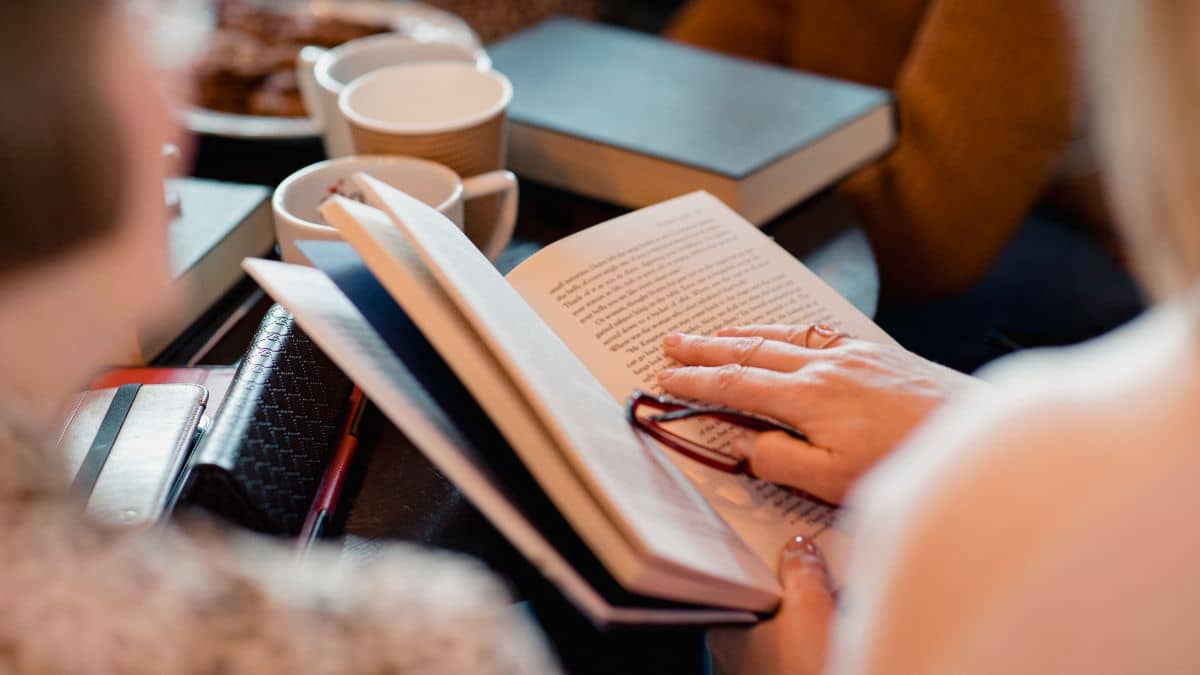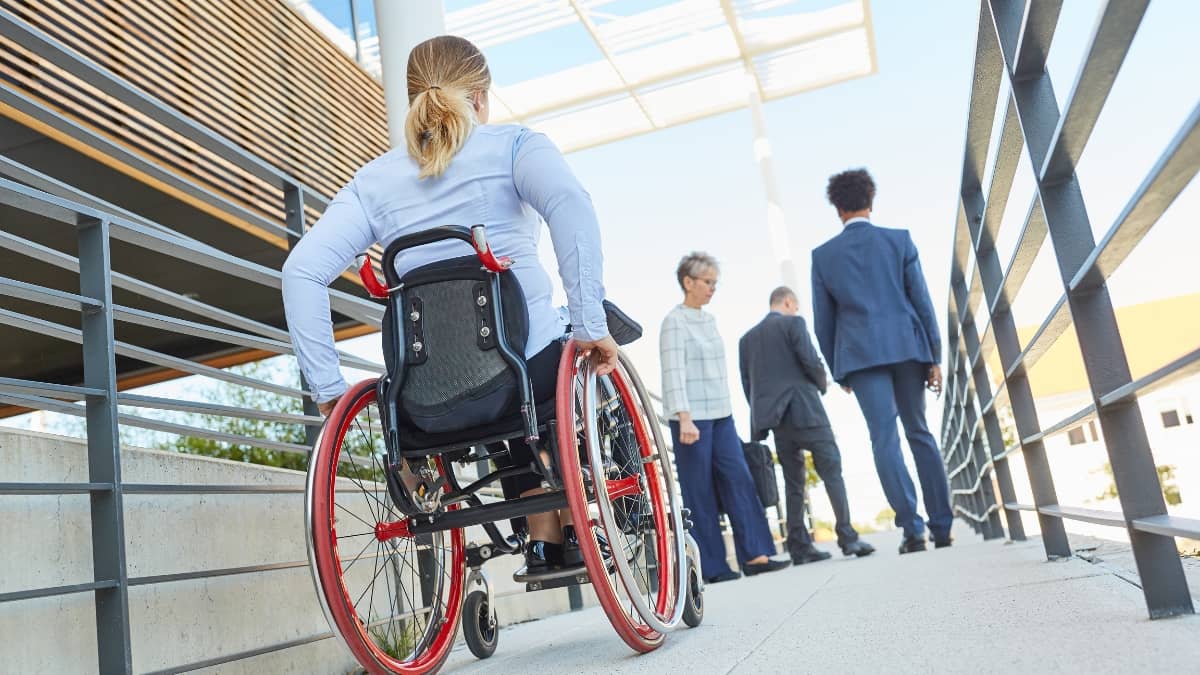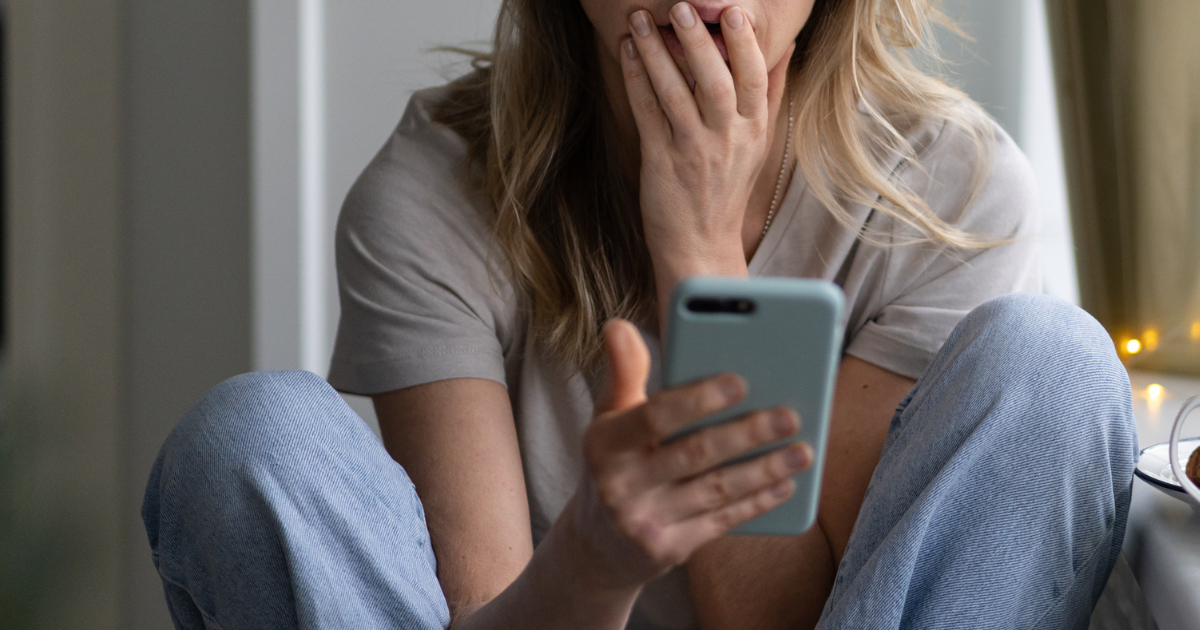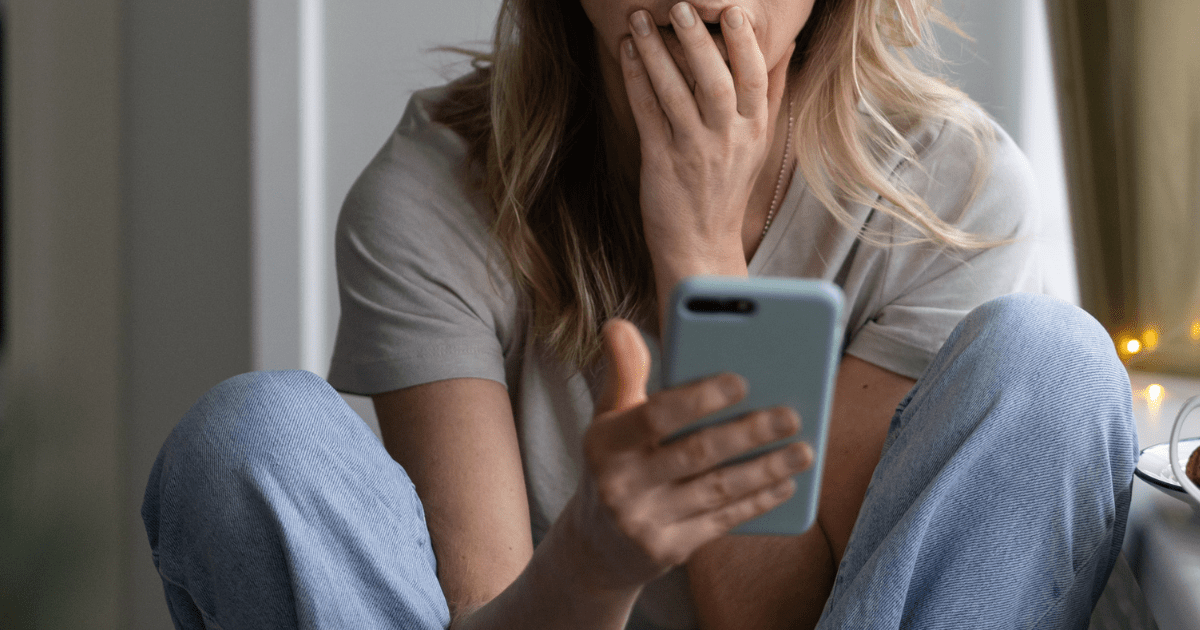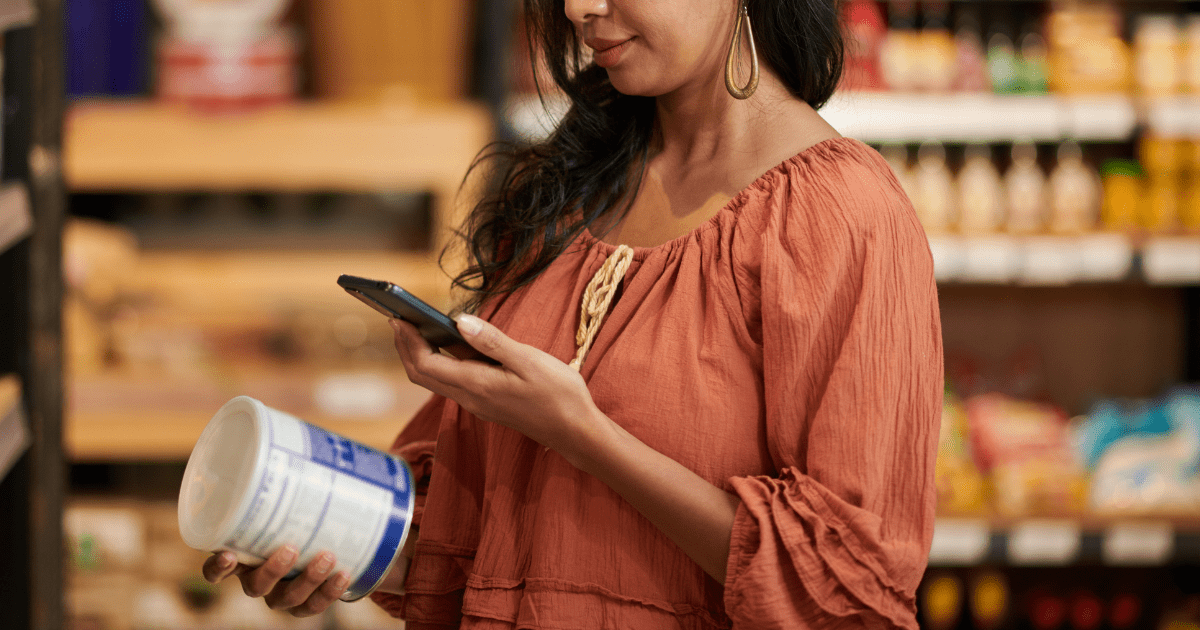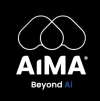SafeSpace by EnableMe, Digital inclusion & disclosure support for non‑visible disabilities
SafeSpace by EnableMe, Digital inclusion & disclosure support for non‑visible disabilities
EnableMe Foundation
A confidential workplace tool to support disclosure and inclusion of non‑visible disabilities
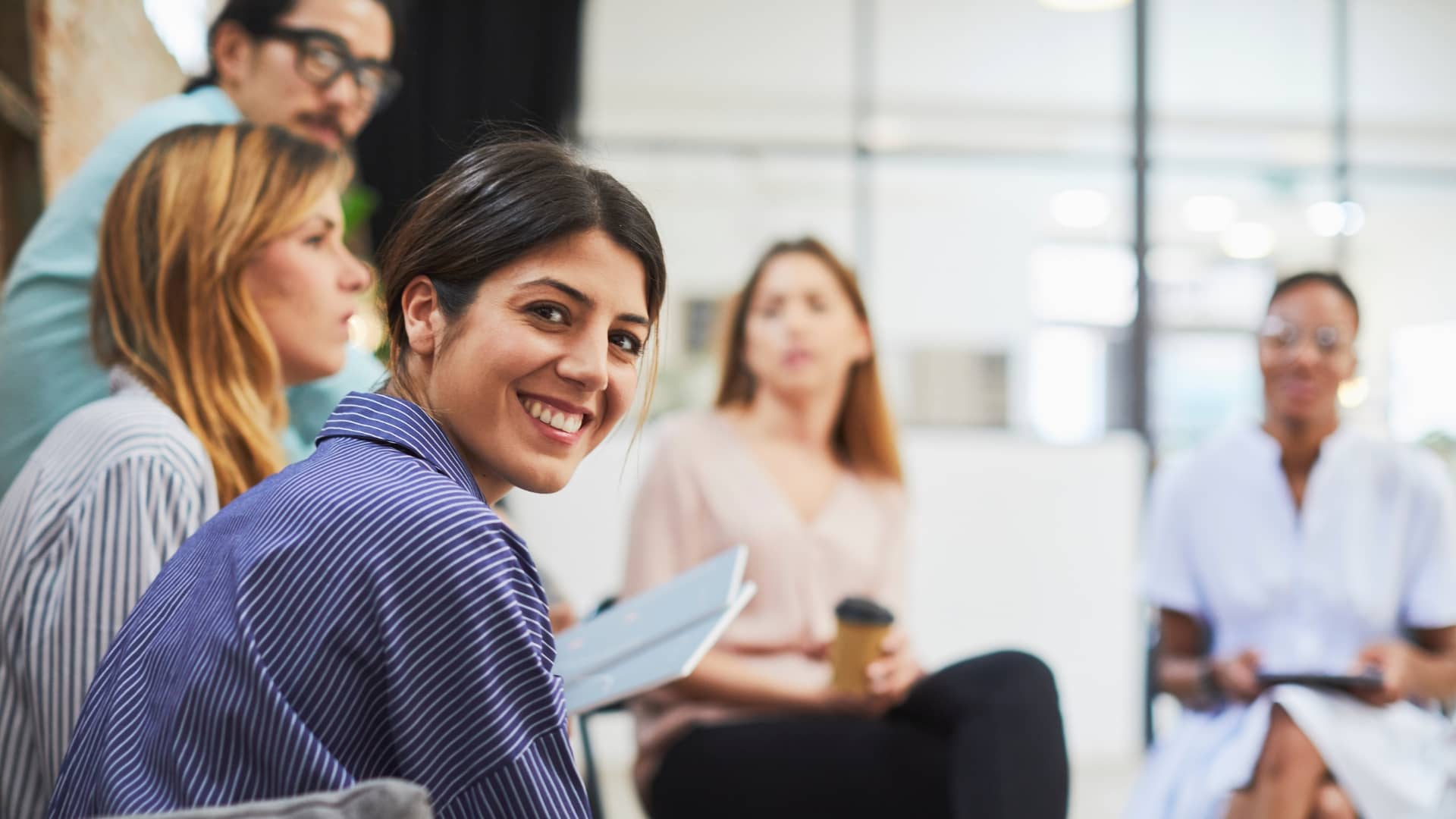
EnableMe is a non‑profit foundation committed to improving the quality of life and inclusion of people with visible or non‑visible disabilities and chronic conditions. Through online platforms, community forums, information resources and services for organizations, EnableMe works to ensure that persons with disabilities worldwide can access relevant information, peer support, and opportunities for social and economic inclusion.
EnableMe views scalable technological solutions as a way to address barriers and support long-term inclusion. Their global network already spans several countries, offering portals in different languages, peer‑based self-help communities, and a wide range of content on health, employment, assistive technology, inclusion, and more.
SafeSpace is one of EnableMe’s inclusion‑services modules tailored to workplace and organizational contexts. It is a digital tool designed for employees with non‑visible health restrictions or chronic conditions, helping them in the decision process of whether, and how, to disclose their condition at work. The tool assesses factors related to the individual, their team, manager, and organization, offering personalised recommendations and strategies.
For organisations, SafeSpace supplies measurability and targeted insights, enabling them to better understand and support employees with non‑visible disabilities, build inclusive workplaces, and improve overall employee wellbeing and productivity.
By integrating SafeSpace with EnableMe’s broader mission, information access, self‑help communities, inclusive‑workplace services, and global reach, the foundation aims to transform how disability and chronic illness are addressed in both personal and professional spheres.
Characteristics of innovation
Location
Switzerland, but operates internationally
Partners / Founders
University of St. Gallen, Palatin Stiftung
Genesis
EnableMe was formally established as a foundation in St. Gallen, Switzerland. Its roots go back more than two decades through predecessor initiatives supporting people with disabilities, evolving into a global inclusion‑oriented organisation. EnableMe extended earlier national portals and support models into a scalable, global framework, building country‑specific platforms, digital tools, and inclusion services for people with disabilities. As part of this expansion, SafeSpace was developed in collaboration with academic expertise to respond to workplace inclusion needs for invisible disabilities.
Level of implementation
EnableMe reports helping over 250,000 people per month globally through their platforms and services and the foundation’s global reach covers 181 countries annually, with millions of users accessing content and support. The SafeSpace innitiative has already been rolled out at the University of St. Gallen (HSG), marking its first full‑scale institutional implementation.

Banc d’innovacions

